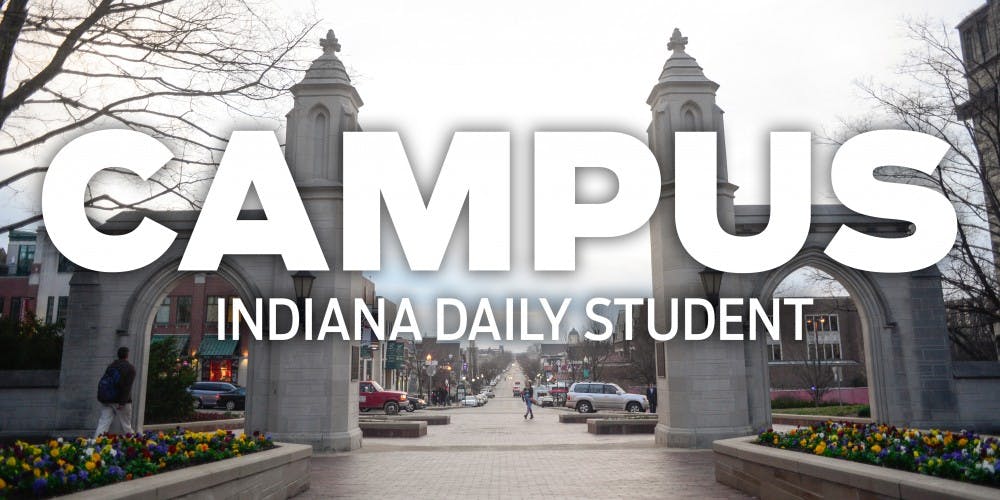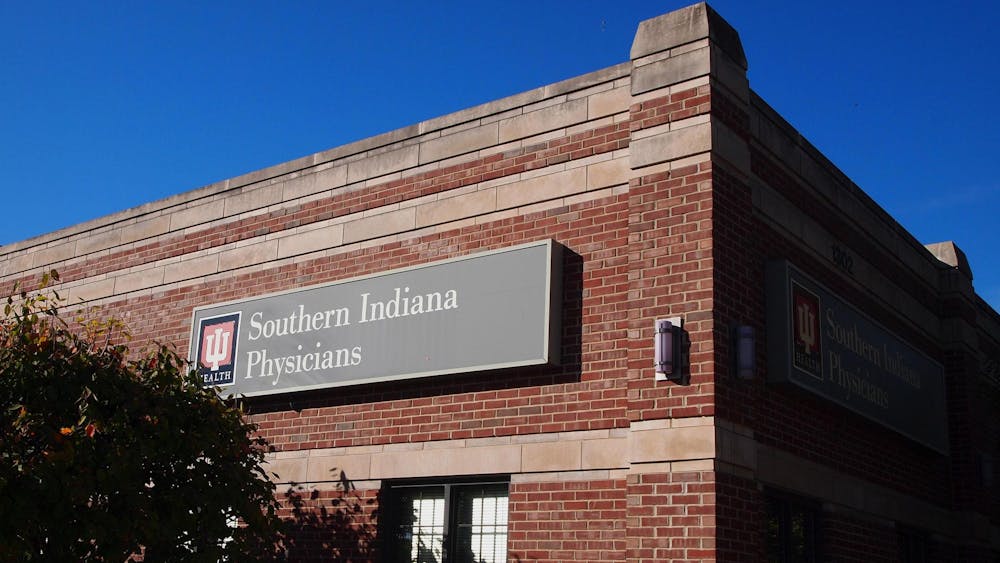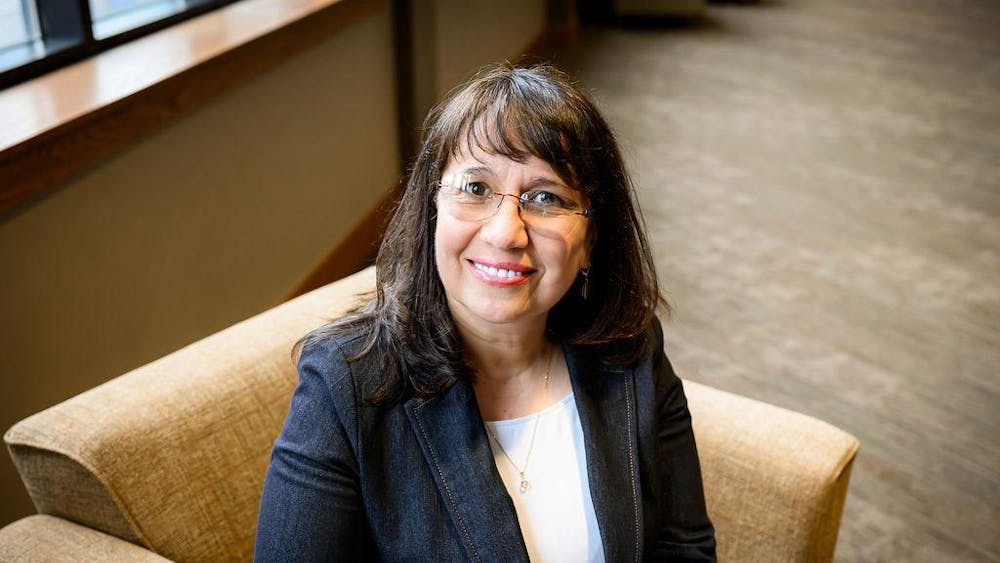By glancing at a recent election result map or current census estimates, one can observe that Bloomington is a distinct outlier in both political leaning and racial diversity.
IU’s effort to recruit diverse students and faculty is critical to making the campus and community exceptional to the status quo.
John Nieto-Phillips, the vice provost for Faculty Development and Diversity, is leading an initiative to remove implicit bias in faculty recruitment and retainment practices. The first workshop, which took place last fall, had at least 120 faculty, department chairs and deans in attendance. Tenure-track faculty-hiring committees will now be required to send at least one member to the workshop annually.
“Our greatest mission is providing an education to IU students that prepares them for a diverse and interconnecting world,” said Nieto-Phillips, a professor of history and Latino studies.
He said implicit bias is a universal phenomenon. Sometimes this underlying partiality can affect decision making, which is why becoming aware of it is so important. Nieto-Phillips said above all faculty are judged on the quality of their research.
Ryan Draghi, a sophomore from Mansfield, Massachusetts, said this marketplace of free thought is what made him come all the way to IU. He said he came to a big school for the diversity in ideas and values among both faculty and students.
“The few times I’ve witnessed people outside of Bloomington, they’ve usually been Caucasian, and were probably American,” Draghi said.
Massachusetts is not as politically homogeneous as Indiana, but it is predominantly white, he said. Regardless of profession, he thinks hiring should come down to skills and qualification, which would introduce diversity in a natural manner. Draghi said the range of viewpoints, culture and religion he sees at IU make him a better student.
In addition to screening for race and gender bias in hiring practices, the new workshop also addresses a perceived superiority of an Ivy League degree over one from a public school, which Nieto-Phillips said can subconsciously factor into hiring decisions.
He said every scholar brings a specific skill set to the table. The deciding factor is whether the school welcomes their innovation or scrutinizes their contribution. Valuing the work of faculty is essential in retaining those who are most qualified, Nieto-Phillips said.
“We must promote a culture of recognition,” he said.
The initiative is new because Nieto-Phillips has been in his vice provost position for less than a year. However, the Bloomington campus has been growing in racial and ethnic diversity for decades, according to school records and census data.
In fall 2015, the last semester with available census data, 20.1 percent of degree-seeking students and 19 percent of full-time faculty identified as belonging to a domestic racial minority, according to the IU Fact Book.
Compared to the 2005-2006 edition, which had 10 percent of students and 15 percent of faculty identifying as a racial minority, there has been a 101-percent increase in minority students and a 26.7-percent increase in minority faculty in a 10-year period.
IU’s increasing level of diversity is in contrast with the state’s racial makeup. According to census records, the number of people in Indiana who identified as only white increased over the same time period the level of only white students and faculty at IU decreased. The proportion of people who identified as anything other than only white decreased from 15.7 percent to 14.2 percent from 2005 to 2015.
“We’re working hard to diversify our faculty to better represent our society and student body,” Nieto-Phillips said.
This is beneficial for student learning and exposure, since judging a potential faculty member on the quality of his or her writing and methodology can result in diversity, both in demographic indicators and opinion, he said.
Nieto-Phillips said hiring committees aren’t as interested in a scholar’s personal opinions or political leanings for bias. Their main job is to ensure the most qualified candidates are selected.
Professor Watchlist, a website created by Turning Point USA, was founded on the mission of documenting “college professors who discriminate against conservative students and advance leftist propaganda in the classroom.” The website posts submissions, most of which are based on questionable evidence.
The establishment of the watchlist caused uproar among the country’s academic community, who saw it as a form of thought police. While no IU professors have been named to on the list, Nieto-Phillips said it is still a concern of many faculty members because it comes off as intimidation.
“Anytime you compile a list and call it a watchlist, there seems to be an implication that we must monitor the political leanings of faculty,” Nieto-Phillips said.
Still, he said, so far he’s received positive feedback from the workshop and his office’s broader diversity efforts. There have been no claims of reverse discrimination, for which Nieto-Phillips said is hard to make a case. Each department’s hiring committee has different standards, but the one thing the diversity initiative wants to help avoid is homogeneous ideas within and across departments.
“We want a diverse range of perspectives, and by being aware when we’re gravitating toward uniformity, it can allow us to consider the importances of diversity and to be more open to our differences,” Nieto-Phillips said.






